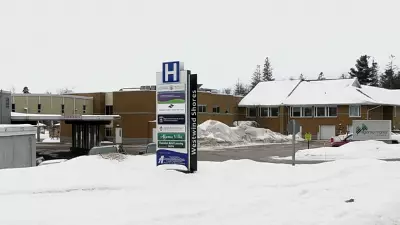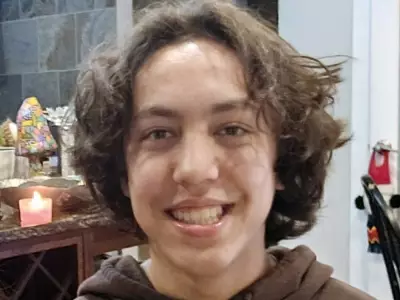
Quebec physicians are raising urgent concerns about the potential devastating impact of Bill 2 on the province's most vulnerable population—children. The proposed legislation, currently under consideration, could create what doctors describe as "insurmountable barriers" to essential medical services for young patients.
Medical Community Sounds the Alarm
Pediatric specialists and family doctors across Quebec have united in opposition to the bill, warning that it fails to consider the unique healthcare needs of children. The legislation's current wording could prevent minors from accessing timely medical care without navigating complex bureaucratic hurdles.
The Hidden Dangers in the Fine Print
According to healthcare professionals, the bill contains provisions that would:
- Require excessive administrative steps for children seeking medical treatment
- Delay critical care for time-sensitive conditions
- Create confusion about consent procedures for minors
- Disproportionately affect vulnerable children from marginalized communities
Real Consequences for Young Patients
Doctors emphasize that the legislation isn't just about paperwork—it's about real children who could face delayed diagnoses, interrupted treatment plans, and compromised health outcomes. The medical community stresses that children's healthcare needs often differ significantly from adults and require specialized consideration in healthcare policy.
A Call for Legislative Revision
Healthcare advocates are urging lawmakers to amend Bill 2 to include specific protections for pediatric patients. They're calling for clear exemptions for emergency care, streamlined processes for routine medical services, and recognition of the unique nature of children's healthcare requirements.
The message from Quebec's medical professionals is clear: when crafting healthcare legislation, we must remember the children who depend on these systems for their wellbeing and development.






